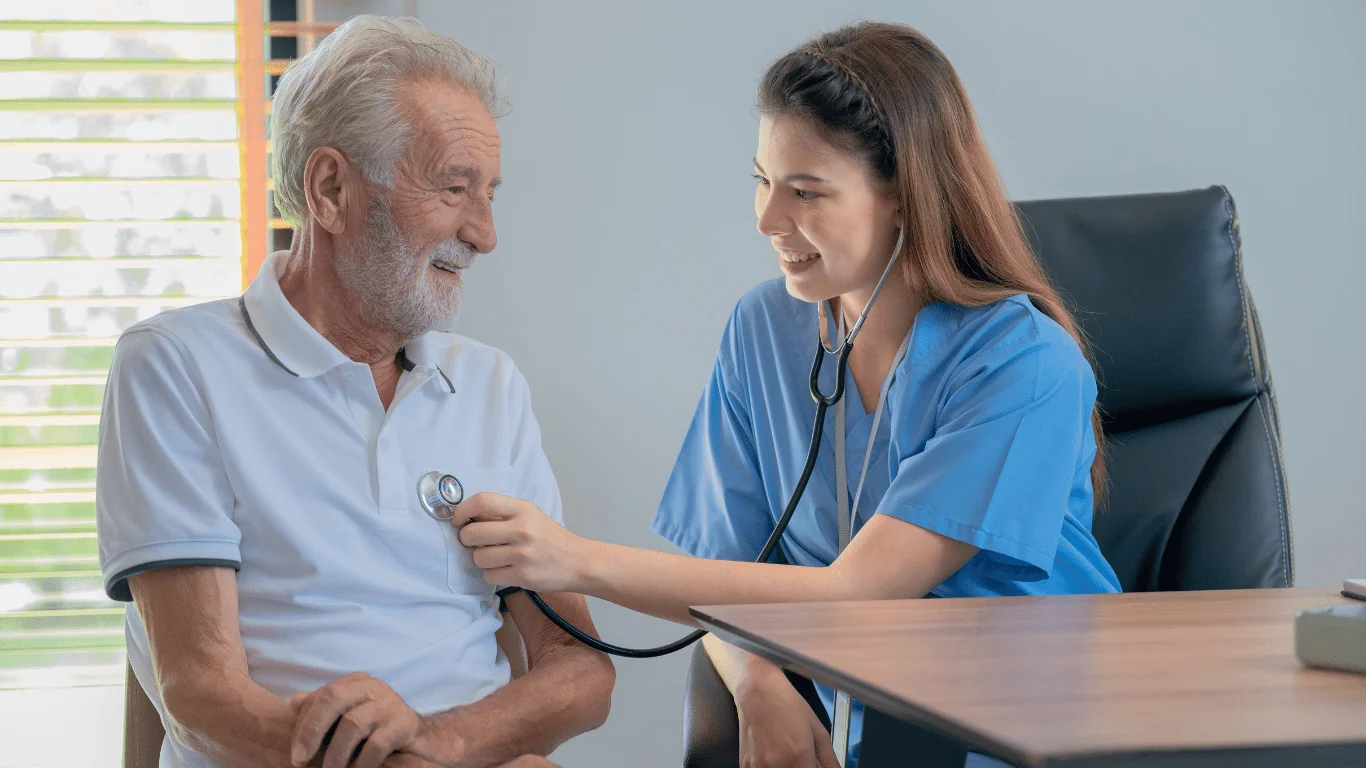Male Check Up
- Home
- »
- Catégorie de services
- »
- Bilan de santé
- »
- Male Check Up

The Importance of Health Check-Ups
Timely detection of diseases, particularly cancer, holds immense significance, as it enhances the prospects of successful treatment. Early diagnosis through check-up screenings not only improves treatment outcomes but also enhances overall life quality and longevity. Across all medical disciplines, early awareness and intervention play pivotal roles in ensuring individual well-being.
Standard check-up protocols typically encompass a range of essential tests, including blood count, organ function evaluations (such as liver and kidney function tests), cholesterol and lipid assessments, thyroid function tests, hepatitis screenings, urinalysis, abdominal ultrasonography, chest X-rays, electrocardiography, and stool blood tests.
For individuals aged 40 and above, additional screenings are recommended, irrespective of familial risk factors. These may include eye examinations, cardiological assessments, and cancer screenings. It’s crucial to note that those with a familial predisposition to certain conditions should not wait until age 40 to undergo these evaluations.
Furthermore, check-ups serve to identify potential health risks associated with age, gender, and lifestyle factors, including smoking. Women, especially during hormonal periods like fertility and menopause, should undergo screenings tailored to their specific health needs. Investigations into familial predispositions to diseases such as diabetes, coronary artery disease, stroke, and cancer are integral components of check-up protocols.
Individuals with a family history of coronary artery disease may benefit from additional tests like HDL and LDL cholesterol assessments, exercise tests, and echocardiography. Similarly, women with a family history of cancer should consider annual screenings such as PAP smears, breast ultrasonography, mammography, pulmonary function tests, and lung computed tomography. Men with familial cancer risk should also undergo annual evaluations, including prostate-specific antigen tests, pulmonary function tests, and lung computed tomography.
Comprehensive Check-Up Components
Examinations:
- General Health Assessment
- Dental Examination
- Nutritional Consultation
- Eye Examination
- Cardiac Evaluation
- Urological Examination
Imaging and Diagnostic Tests:
- Chest X-ray
- Electrocardiogram (ECG)
- Transthoracic Echocardiogram (TTE)
- Cardiovascular Stress Test (Treadmill)
- Abdominal Ultrasonography
Laboratory Investigations:
- Liver Function Tests (ALT, ALP, GGT)
- Viral Markers (Anti-HBS, Anti-HCV, Anti-HIV)
- Kidney Function Tests (Creatinine, Urea)
- Blood Sugar Profile (Fasting Blood Sugar, HbA1c)
- Lipid Profile (Total Cholesterol, HDL, LDL, Triglycerides)
- Thyroid Function Tests (TSH, Free T3, Free T4)
- Complete Blood Count (CBC)
- Urinalysis
- Inflammatory Markers (CRP, Sedimentation)
- Electrolytes (Sodium, Potassium)
- Micronutrient Analysis (Calcium, Iron)
- Tumor Markers (CEA, PSA)
- Others (Blood Grouping)
